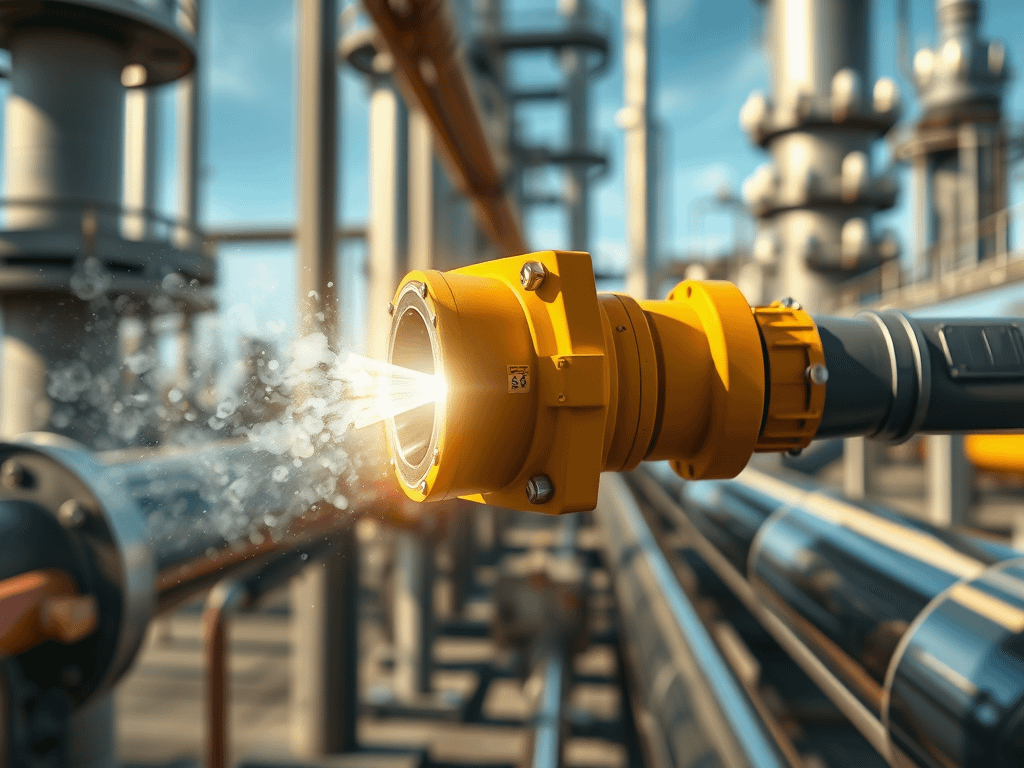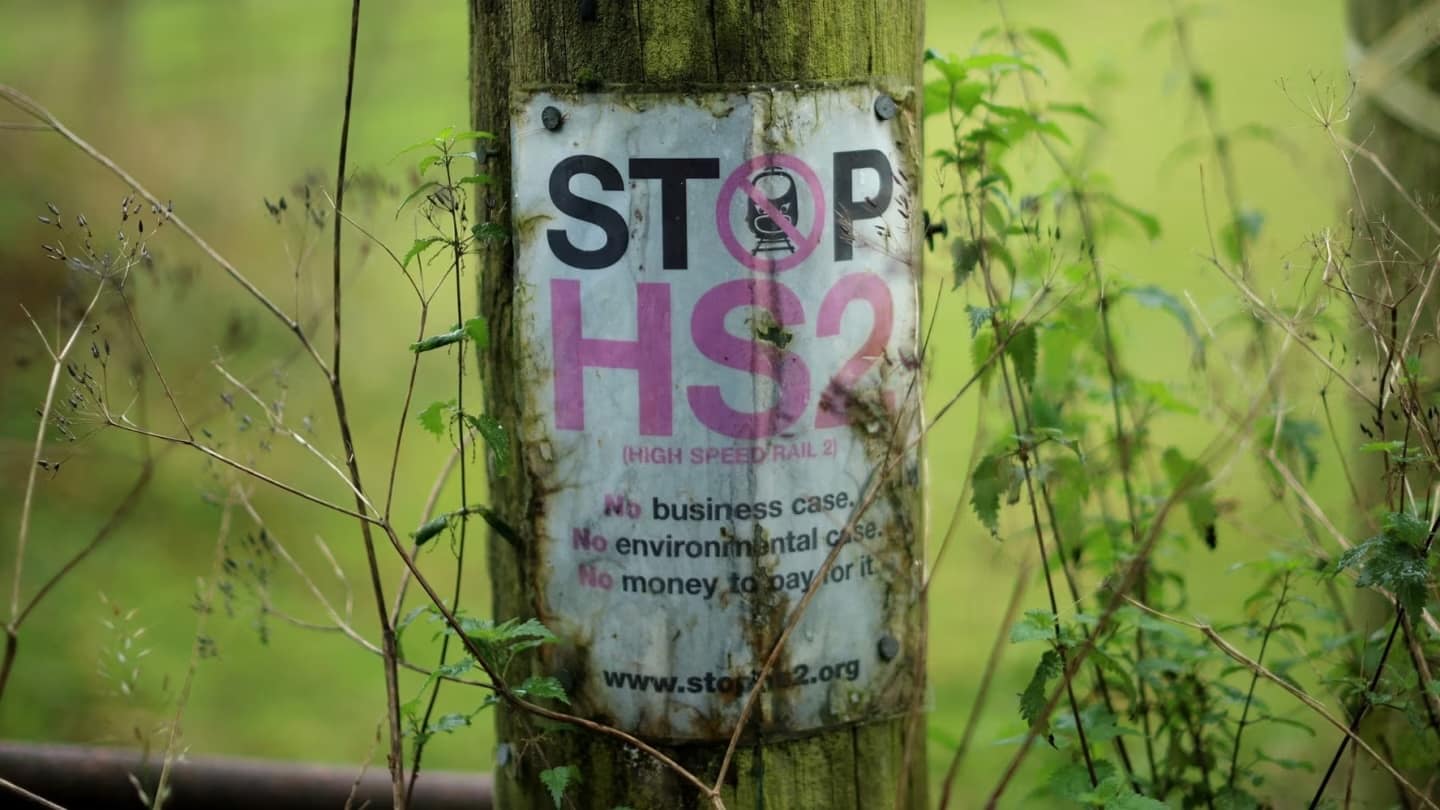
Methane impact on climate change is the next major front in climate action — a short-lived, highly potent gas that traps over 80 times more heat than carbon dioxide during its first 20 years in the atmosphere.
While most attention stays on CO₂, methane is quietly doing far more damage — and because it fades within a decade, acting on it now can cool the planet faster than any other intervention. Understanding the methane impact on climate change means seeing it not as a secondary issue but as the quickest way to slow global warming.
The problem: most methane emissions are poorly measured. Companies still rely on satellite snapshots or occasional fly-overs that miss leaks. Real progress requires high-resolution, continuous monitoring — sensors on pipelines, refineries, and landfills that identify and fix leaks in real time.
One compressor leak can emit tonnes of methane daily. Catching it early cuts emissions, improves safety, and protects reputations. The operational case is clear: every tonne of methane stopped today prevents 80 tonnes-worth of CO₂ equivalent warming over the next two decades.
Blue hydrogen is often framed as clean energy, but its methane impact on climate change tells another story. Upstream gas extraction and transport leaks can erase any theoretical benefit from carbon capture, turning blue hydrogen into a disguised methane-delivery system unless upstream leaks are monitored and eliminated.
Regulators are tightening the rules. The US Inflation Reduction Act introduced the first methane fee. The EU Methane Regulation will mandate leak-detection & repair across oil, gas, and waste. Yet many sectors — especially agriculture and landfill — still treat methane as a side issue.
Worse, not all emissions are fixable. Arctic permafrost is thawing, releasing ancient methane. Once that feedback accelerates, it could overwhelm any net-zero pathway. The IEA warns that abandoned oil & gas sites and coal mines are now a top-four global source of methane. Cleaning up 8 million of these sites would cost about $100 billion but deliver immediate climate returns.
Understanding Methane Impact on Climate Change
Methane’s short lifetime and extreme potency make it the fastest climate lever we have. For related analysis, see Green Steel & CBAM and Hydrogen Storage.
Methane vs CO₂ — What’s the Difference?
Both gases trap heat, but their behaviour differs dramatically.
| Property | Methane (CH₄) | Carbon Dioxide (CO₂) |
|---|---|---|
| Heat-trapping power (20 yrs) | ≈ 80 × stronger | Baseline |
| Atmospheric lifetime | ≈ 12 years | 300–1000 years |
| Main sources | Fossil leaks, agriculture, waste | Energy, transport, industry |
| Best reduction levers | Leak detection, biogas capture | Renewables, electrification |
Why Reducing Methane Delivers Fast Climate Results
Because methane breaks down within ≈ 12 years, cutting emissions now produces visible temperature benefits within a decade. That’s why scientists call addressing the methane impact on climate change the fastest path to global cooling.
- Methane warms quickly — then fades fast.
- CO₂ warms slower — but lasts centuries.
- Tackling both gases is essential for any credible net-zero plan.
According to the IEA, fixing 70 % of global leaks is already economical with today’s technology — delivering measurable cooling within the 2030s.
Policy & Monitoring — From Pledges to Practice
For deeper insight, see the IPCC AR6 methane summary, the UN Global Methane Pledge, the IEA Global Methane Tracker 2024, and the EU’s Methane Regulation proposal on LDAR.
FAQs — Methane Impact on Climate Change
Why is methane worse than carbon dioxide?
Over 20 years, methane traps ≈ 80 × more heat than CO₂, giving it far greater short-term warming power even though it fades faster.
How long does methane stay in the atmosphere?
Roughly 12 years — short compared to CO₂, which can persist for centuries.
What are the main sources of methane?
Fossil-fuel extraction leaks, agriculture (livestock & rice), and decomposing waste.
How can we reduce methane emissions?
Deploy continuous leak detection, capture landfill and biogas, modernise pipelines, and change agricultural feed and waste practices — core actions to limit the methane impact on climate change.
Further reading: IPCC AR6 Methane Summary • UN Environment Programme – Global Methane Pledge • IEA Global Methane Tracker 2024


